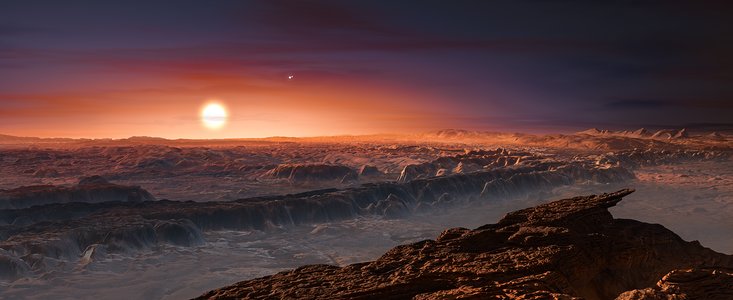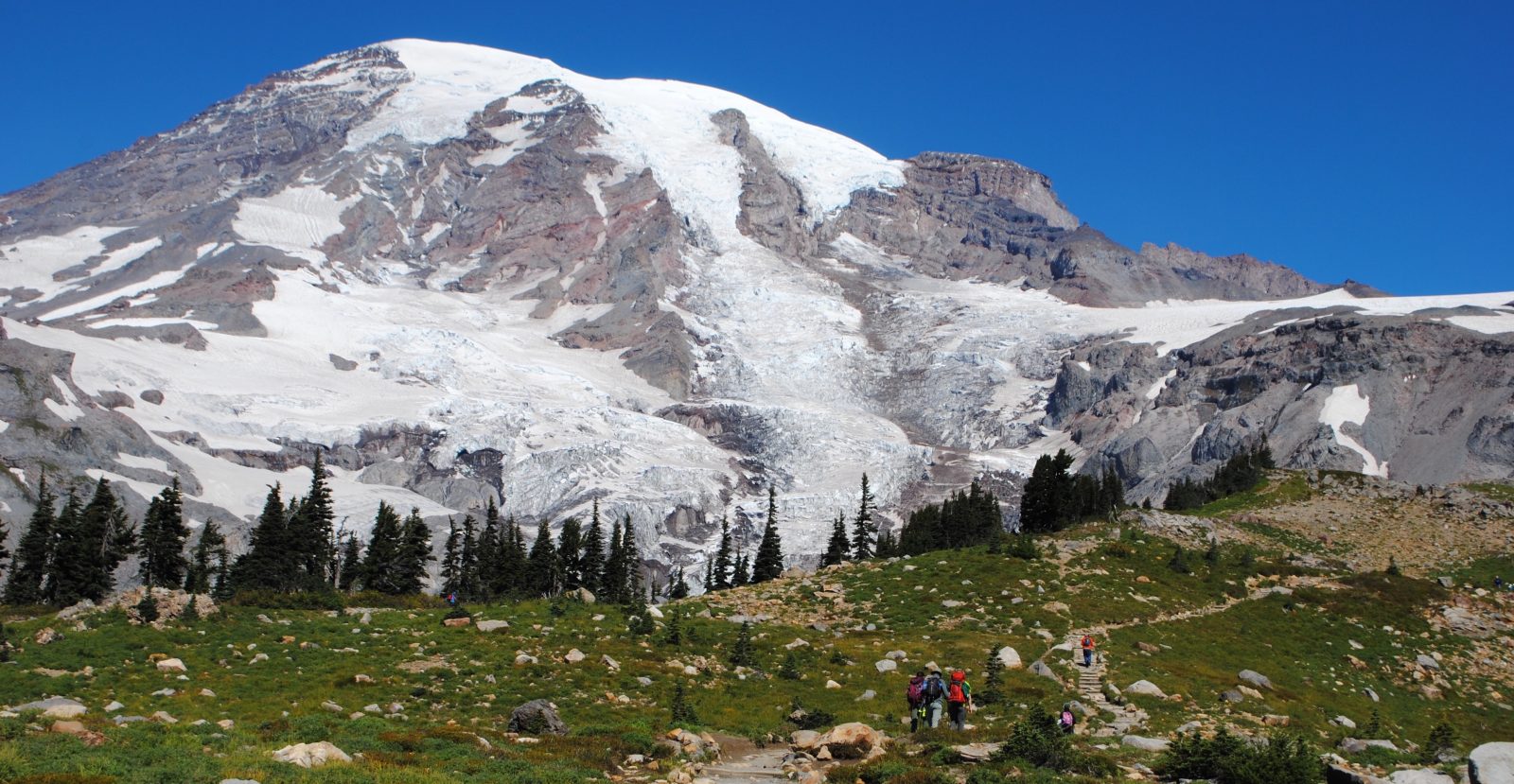Josh Krissansen-Totton presented his work “From Earth to Exoplanets: Atmospheric biosignatures and biogeochemical controls on habitability”. Congratulations on becoming a…
With the discovery of Proxima Centauri b, a possibly terrestrial planet orbiting in the habitable zone of the nearest star to the Sun
Congratulations to Matt Koehler for passing his general examination on October 18, 2016. Matt presented his work “The Co-Evolution of…
AB alumna Dr. Eva Stueeken will start in January as a University Research Fellow (transitioning into a Lecturer after three…
AB graduate Jeff Bowman has been hired to a faculty position in the Integrative Oceanography Division at Scripps Institute of…
Check out the amazing photos AB student Jake Lustig-Yaeger took during this year’s AB Workshop.
Effective September 16, 2016, UWAB faculty member Sharon Doty from the School of Environmental and Forest Sciences was promoted from…
Three of our Astrobiology doctoral candidates are graduating this year after successfully defending their dissertations. Congratulations and good luck! Giada…
Congratulations to Steven Sholes for passing his general exam on and officially obtaining his doctoral candidacy. Steven presented his work…
Elena Amador, ESS & Astrobiology, is the lead author of a recently published paper showing evidence of aqueous activity and…
Rodrigo Luger, Astronomy & Astrobiology, is the lead author of a new paper accepted for publication in The Astronomical Journal.…
A new study led by UWAB alum Sanjoy Som together with UWAB professors Roger Buick and David Catling and others…
Continuing an annual tradiation, UWAB members spoke to students in an astrobiology class at Lakewood High School visiting UW. Professor…
Rory Barnes of the Astronomy Department has been promoted to an Assistant Professor in Astrobiology! Congratulations Rory!
NASA has convened Science and Technology Definitions Teams (STDTs) to study large telescope concepts for future direct imaging of exoplanets.…
UWAB postdoc Eva Stüeken, Professor Roger Buick, and collaborators published a new paper that studied isotope ratios of selenium, a trace element. Their results show that biological productivity of macro-organisms collapsed during the Permian-Triassic mass extinction, but the collapse was probably not caused by a shortage of nutrients. Other factors such as ocean acidification or perturbations of food webs may have been more important.
UWAB alum Aomawa Shields (Astronomy and Astrobiology, 2014) has been awarded the 2016 ASU Origins Project Postdoctoral Lectureship Award! This…
Congratulations to two UWAB graduates on their new faculity positions! UWAB graduate Dr. Aomawa Shields (Astronomy and Astrobiology 2014) will…
Voyager 1’s iconic image of the Pale Blue Dot shows hints of Earth’s uniqueness are visible from great distances; the…
It is with sadness that we inform you that Astrobiology donor and good friend of our program, Bob Frost, passed away…


